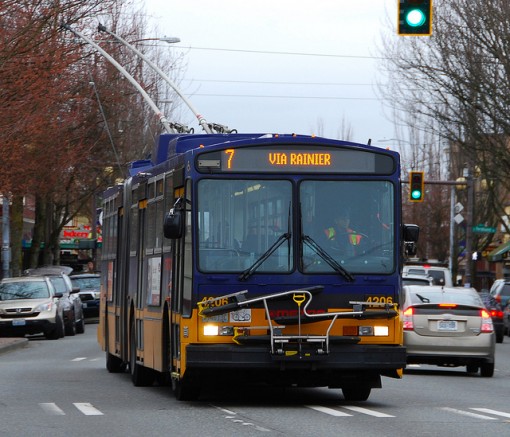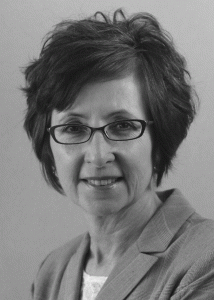This proposition pisses me off for two reasons. The first is that we have to even have to vote for it at all. The Washington State Legislature has failed for years to give King County the authority to fund Metro in a sustainable fashion. So now we’re stuck with two options: cut Metro service by huge amounts or use regressive sales and vehicle taxes to fund it. While the latter option sucks, it’s better than cutting bus service. The second reason is that we aren’t using 100% of the proceeds to pay for bus service. We’re using 40% of it for roads. Theoretically, road maintenance rather than construction. But still, Metro needs the money.

So here’s what happens if we pass it on the revenue side: a sales tax of 0.1% and $60 dollar vehicle tab fee ($20 more than current fees), with a $20 rebate for poor people. On the expense side: $80 million per year for Metro which will stave off cutting 5 dozen routes completely and reducing service on tens of others. $50 million goes toward maintaining roads and road safety.
The anti-proposition 1 side says Metro needs to cut costs first. Metro has already cut $130 million in annual costs. Really what these people are pissed about is that poor people who ride buses are getting a freebie. That’s what they think, that transit riders are getting a subsidy while respectable drivers aren’t etting one. Never mind that they already have huge road subsidies.
I have a car. I am happy to pay the $60, and I won’t get the subsidy. But I also ride the bus. Metro service is more convenient than driving much of the time, and necessary for many people. It reduces greenhouse gas emissions over driving. It reduces congestion for cars. There are all sorts of benefits from bus service. We need Metro. It’s as simple as that.
Vote YES on Proposition No. 1.


